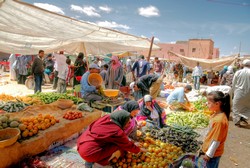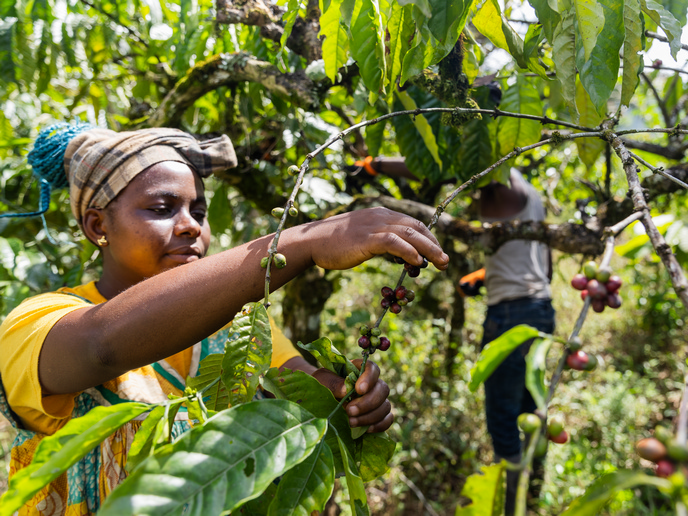An improved model for enhanced food security projections
To meet future food production demands, there is a need for more research and development (R&D) related to agricultural land expansion and productivity. However, such R&D investments are often neglected in major economy-wide models. As such, these cannot sufficiently guide policymakers in defining long-term food security strategies. The Modular Applied GeNeral Equilibrium Tool (MAGNET)(opens in new window) is a premier computable general equilibrium (CGE) model that can be tailored to the research question at hand. Within the project METCAFOS (Modelling endogenous technical change in agriculture for food security), researchers focused on explicitly accounting for the link between R&D investments and agricultural productivity in MAGNET. They worked to endogenise the drivers of technical change in this model for improved projections of agricultural production, prices and food security towards 2050. Project partners built a new, specific R&D module in the global CGE model MAGNET that accounts for the substantial time lag before R&D investments are reflected in increased productivity. Various simulations and exercises returned the following main findings. Doubling agricultural research intensity in sub-Sahara Africa can contribute significantly to food security, and tripling it will have positive nutritional benefits. Investments in agricultural R&D are a potentially effective and low-cost strategy to avoid undesirable land use change and food security effects of large-scale use of biomass. The project's policy recommendations largely target greater support of national R&D investments in developing regions. To benefit more from international knowledge spillovers, strategies must focus on building research capacities and infrastructure as well as training of qualified labourers. It is also critical that R&D investments focus more on land-augmenting technologies (e.g. new seeds). METCAFOS outcomes help enrich weak empirical evidence on endogenous and factor-biased technical change in agriculture. By incorporating endogenous technical change in the global CGE model MAGNET, project contributions enhance the ability to address critical issues in ascertaining food security for the decades ahead.







